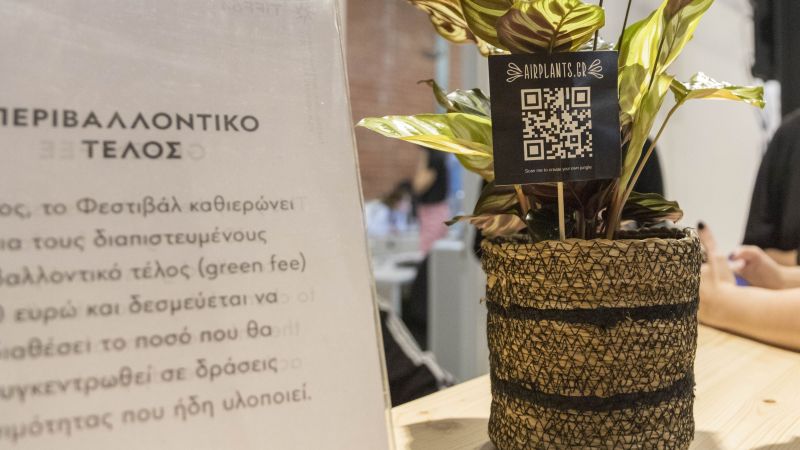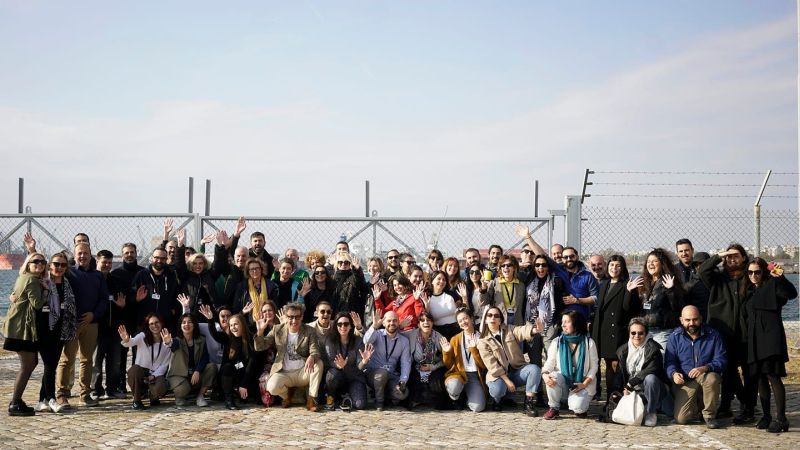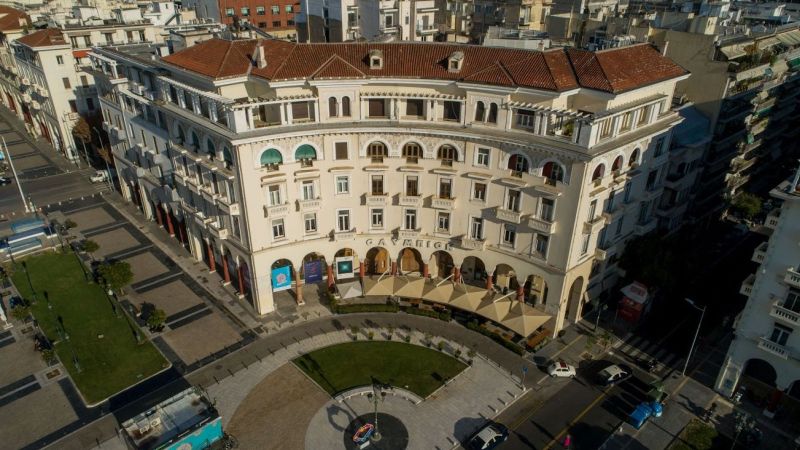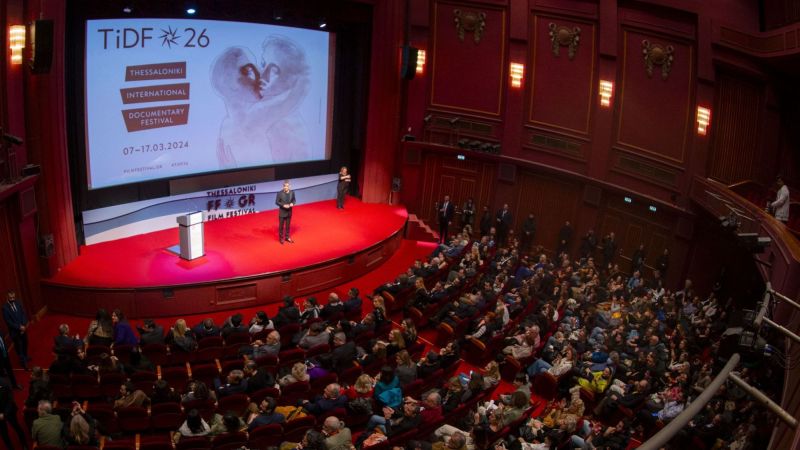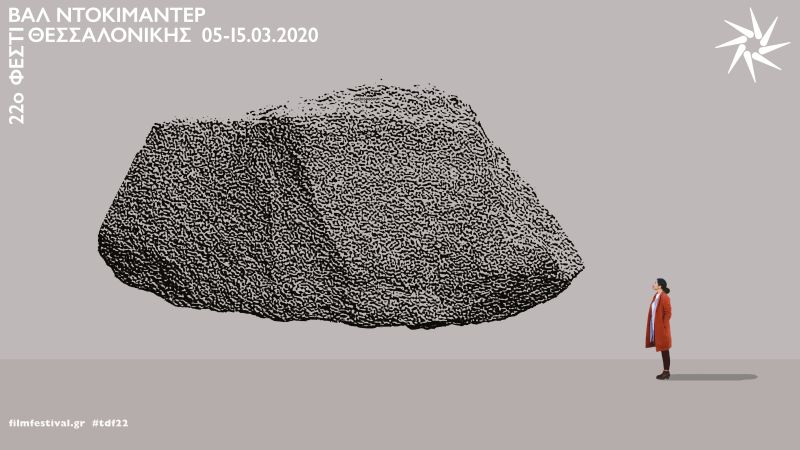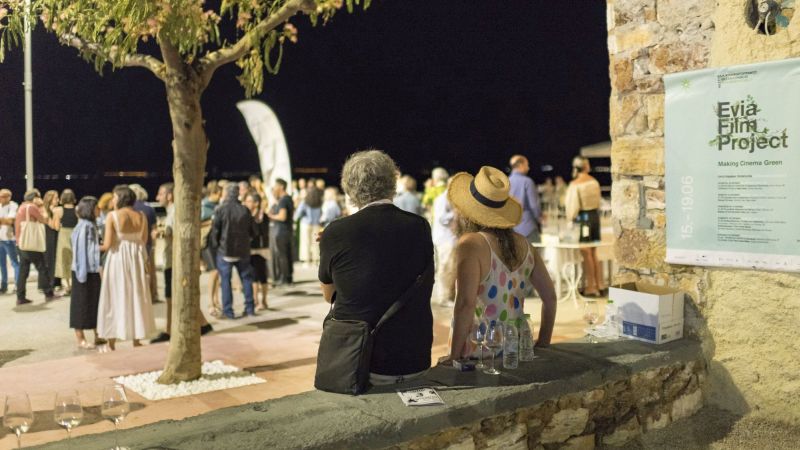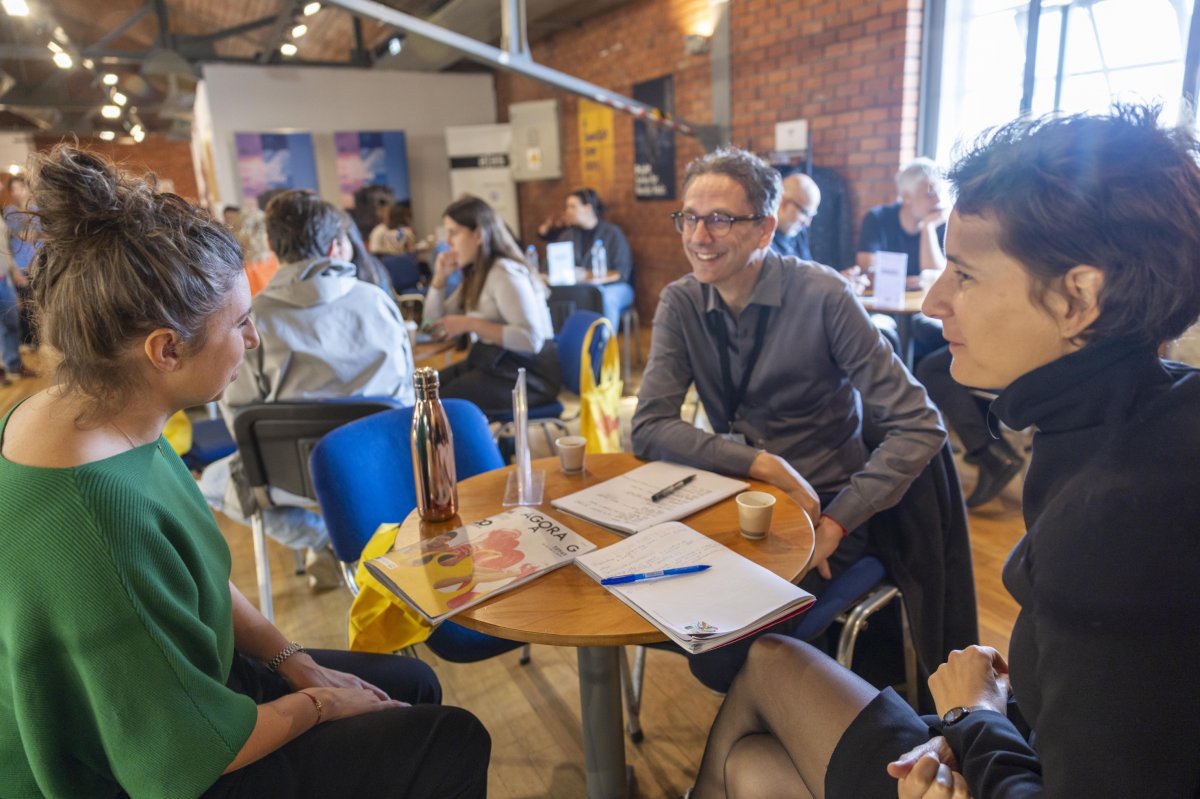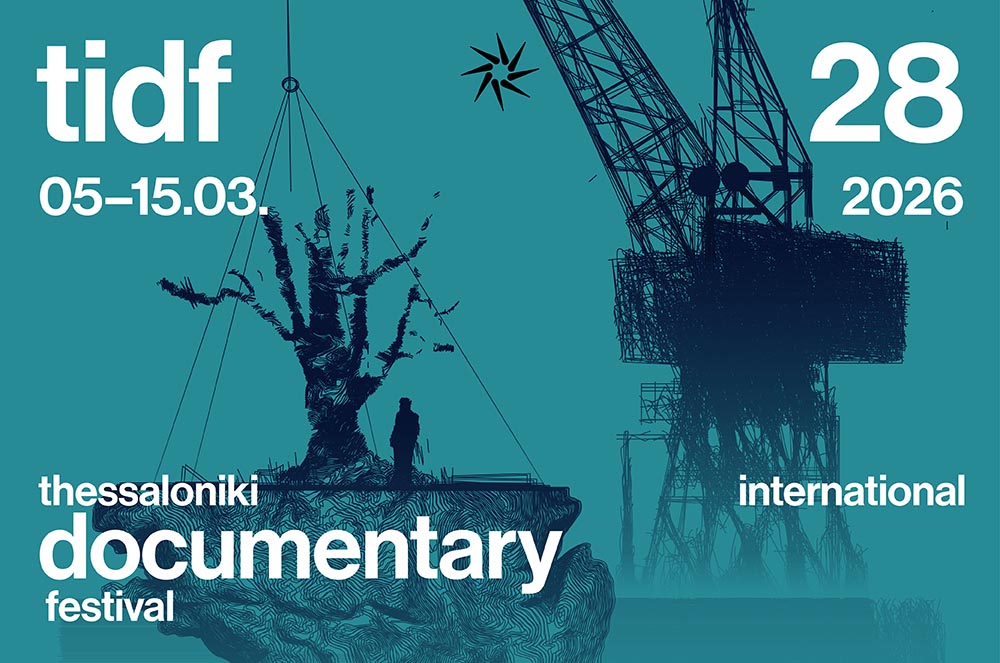Following several green initiatives in 2021 and 2022, TFF has now adopted a comprehensive environmental policy, which supplements and re-contextualizes the overall cultural mission and the values of the organization, in response to the major challenge of our times, the climate and environmental crisis.
Environmental Sustainability

As global citizens, we have become increasingly aware of how important it is for every one of us to do our part to protect the environment and our fellow human beings affected by the climate crisis. The Thessaloniki Film Festival acknowledges its share of the responsibility and commits to becoming as green and sustainable as possible, by reconsidering its overall cultural mission, working methods and daily operations through an ecological lens.
We view the climate crisis as primarily a cultural challenge, which requires profound societal transformation. For decades, TFF has offered compelling stories of humanity, from around the world, and provided a space for critical conversations about urgent social issues for filmmakers and audiences alike. Now we also wish to demonstrate, through our own best practices, how the arts and culture can assume a leading role in the fight against climate change and environmental degradation; and to enhance and enrich our positive impact on our audiences and the wider community we serve.
Our people
www.filmfestival.gr
TFF’s environmental policy aims at a horizontal application of sustainable thinking and practice in all decision-making processes of the Festival, initially in the course of the next three years. We will gradually revise internal procedures, updated work protocols and re-evaluate priorities – based on the carbon footprint study and the recommendations report, and in consultation with staff and Green Team members. In order to achieve this change of internal culture, one of TFF’s priorities is to cultivate and develop green skills for staff and collaborators, embed sustainable clauses in the job descriptions and roles of employees, as well as in the contracts of external partners.
Buildings & Operations
www.filmfestival.gr
A carbon footprint analysis and energy audit are underway, with results and recommendations expected before the end of 2024. The scope of the study includes the Festival’s buildings and the annual daily operations of the organization, as well as the annual festival events (TIFF & TIDF) and the two Market Events/AGORAs.
Materials & Procurement
www.filmfestival.gr
We will be revising our procurement policy, with the aim to explore possibilities to green our supply chain. We want to better understand what we procure and to involve and support our partners and suppliers in this transition towards sustainability. We will strive to reduce the negative impacts of our daily operations in terms of the use of resources, by reconsidering the way we work and the choices we make.
Waste Management
www.filmfestival.gr
We have already taken many steps towards diverting as much waste as possible from landfill, by working with experts and constantly learning how to identify the different waste streams and optimize our waste management system. During the festival events, TFF collaborates with specialized companies to secure daily collection, sorting, and circular management of the waste generated, with separate recycling bins for the different waste streams, so that materials can be recycled, composted, or gain a second life.
Travel & Hospitality
www.filmfestival.gr
Taking into account the geographical location of the Festival and the limited opportunities for more sustainable travel choices, TFF is pursuing a greener travel policy, without undermining the artistic and social dimension of the festival events and the Markets, based on the principle of the European cultural programs for fair, greener and inclusive mobility.
Communication & Collaboration
www.filmfestival.gr
We will strive to communicate our green initiatives and share learning with our audiences, partners, collaborators and the wider community we serve. We also wish to exchange knowledge and work together with the cultural sector in Greece and abroad, with the aim to learn from each other and offer mutual support in navigating the challenges of the ecological transition.
Program
www.filmfestival.gr
The Thessaloniki Film Festival aims at serving as a source of information and audience awareness through its program. Many of the films screened in the official selection of the Thessaloniki International Film Festival, held in November, and the Thessaloniki International Documentary Festival, held in March, explore themes that pertain to the fragile relation of mankind with the environment. Moreover, within the framework of the Festival, a series of tributes on the repercussions of hyper-consumption and excessive exploitation of our planet have been hosted.
Agora
www.filmfestival.gr
AGORA is the industry branch of the Thessaloniki Film Festival. It operates during the Thessaloniki International Film Festival in November, the Thessaloniki International Documentary Festival in March, and the Evia Film Project in June/July. AGORA’s mission is to foster a dynamic and sustainable environment for film industry professionals, promoting creativity, collaboration, and environmental responsibility.
Evia Film Project
www.filmfestival.gr
An innovative developmental environment-oriented program, Evia Film Project was launched in 2022, aiming to culturally resuscitate Evia following the devastating fires that hit the region and aspiring to render it a global-scale hub for “Green Cinema”. Evia Film Project, which is actualized with the support of the Hellenic Ministry of Culture, at the Municipality of Istiaea-Edipsos and the Municipality of Mantoudi-Limni-Agia Anna, is a platform for awareness-raising around the calamitous effects of environmental destruction and climate change, as well as a springboard for the rebirth of a desolate and traumatized region on both a symbolic and practical level.


